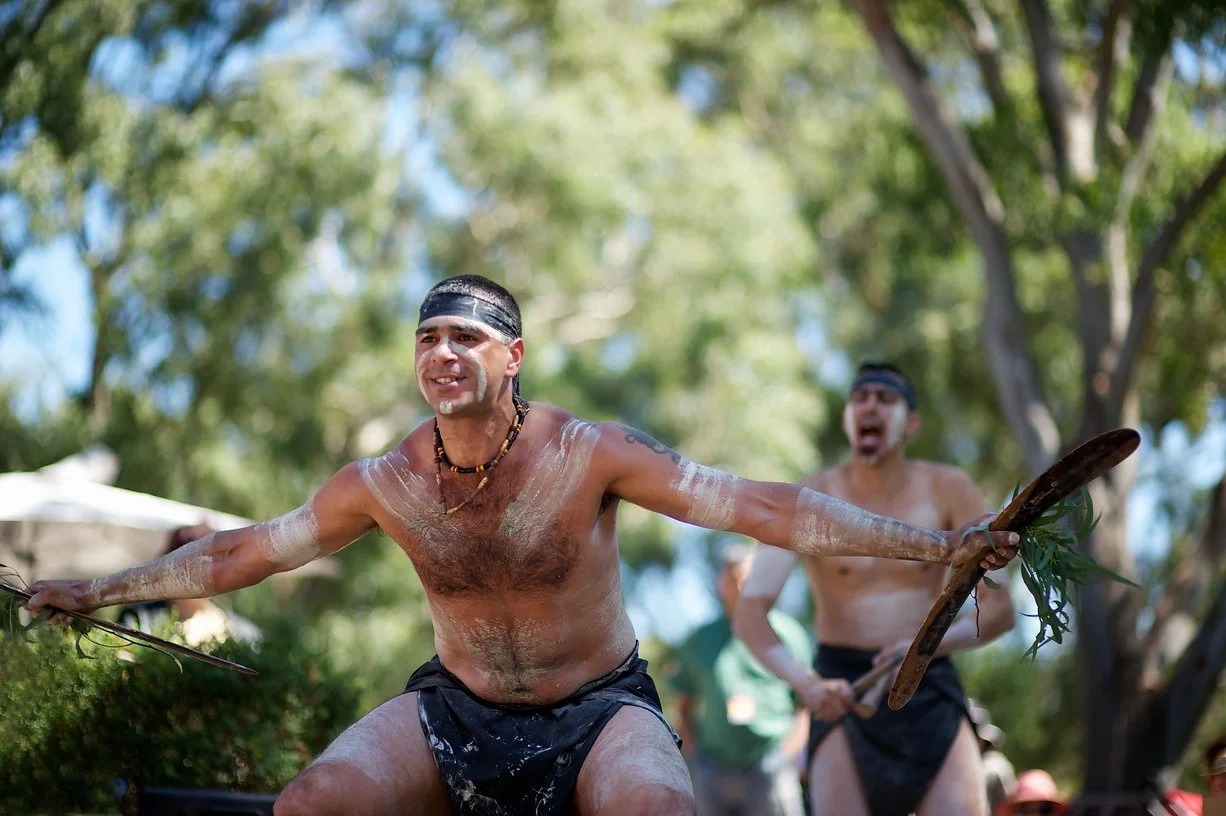
101 cases
of how Human Rights ACTS make our lives better
No matter who we are or where we are, our lives are better when we all treat each other with fairness and respect and when we can all enjoy our rights and freedoms. Human Rights Acts and Charters promote respect for human rights and give people power to take action if their rights are breached.
The 101 cases set out here highlight the benefits Human Rights Acts and Charters have brought to people in the ACT, Victoria and Queensland. These cases also highlight the need for a national Human Rights Act, as well the need for Acts or Charters in states and territories which do not yet have them.
We designed this resource to inspire people to use Human Rights Acts and Charters where they exist in Australia; and to join with others in calling for a national Human Rights Act and Charters in every state and territory.
Click here to add your name to the call for a Human Rights Act.
CASE STUDIES
Aboriginal children jailed in adult prison: Human Rights Act in action
Bendigo mosque and freedom of religion: Human Rights Act in action
Will Ingram and the right to equality: Human Rights Act in action
Queensland and the right to housing: Human Rights Act in action
The right to education for children seeking asylum: Human Rights Act in action
Victorian pandemic laws: Victorian Charter of Rights in action
101 Cases
Human Rights Acts and Charters Make Our Lives Better.
Here are 101 cases showing how
Case 41: Aboriginal cultural rights need to be considered in decisions around access to the Koori Court
An Aboriginal man, Mr Cemino, applied to the Magistrates’ Court in Echuca in country Victoria to transfer the criminal charges he was facing to the Koori Court in Shepparton for sentencing.
Case 42: Safeguards and accountability around decision to admit a man with cognitive disabilities to a locked residential facility
A 70 year-old man had Parkinson’s disease, a cognitive disability and mental illness.
Case 43: Better justice system responses to victim/survivors of crime who have a disability
For many years, community legal centres, victim/survivor advocates and the Victorian Equal Opportunity and Human Rights Commission have called on the Victorian Government, Victoria Police and the Office of Prosecutions to improve
Case 44: Aboriginal children returned to the care of their grandmother
Four Aboriginal siblings were placed in protective care because of concerns for their safety. At first, the children were placed in a non-Aboriginal home and separated from one another.
Case 45: Laws changed so that same sex couples not unfairly excluded from superannuation
The State Superannuation Act 1988 (Vic) was amended in 2001 so that people in same sex relationships could receive certain superannuation benefits if their partner died.
Case 46: Corrections Victoria establishes rehabilitation program for Aboriginal men on corrections orders
Corrections Victoria used the Victorian Charter to inform the decision-making process behind establishing Wulgunggo Ngalu Learning Place.
Case 47: Protecting a person’s right to privacy in residential care
A staff member from the Victorian Government observed that a person living in a residential service was not afforded privacy when assisted by their carers to shower.
Case 48: Improving Victoria’s plan to prevent violence against women 2010-2020
The Charter prompts authorities to view programs and policies from a human rights perspective.
Case 49: Human rights-based framework for agreements between state and traditional owner groups
The Victorian Parliament passed legislation to create a framework for native title agreements to be made between the state and traditional owner groups.
Case 50: Reducing restraint and seclusion in mental health services
The Department of Health reviewed procedures in mental health services in light of Charter requirements and made efforts to reduce the use of restraint and seclusion.
Case 51: Council protects the rights of people with disabilities
The Charter had a ‘discernible impact’ on the policies and practices of Boroondara City Council which undertook extensive planning to ensure that their pedestrian precinct was accessible for people with disabilities.
Case 52: Protecting a single mother of three from homelessness
The Ministry of Housing tried to evict a single mother from public housing after it was found that her boyfriend was growing marijuana on the premises.
Case 53: Man with a disability protected from eviction
A Victorian Department attempted to evict a man who used a wheelchair from his home.
Case 54: Preventing the eviction of siblings from refugee background
MetroWest, a housing provider, tried to evict two siblings who had recently arrived in Australia as refugees, for no specified reason.
Case 55: Preventing the eviction of a person with an intellectual disability
Action for More Independence and Dignity in Accommodation (AMIDA), along with Tenants Union Victoria (TUV), used the Charter protect the rights of a person with an intellectual disability who had been given a notice to vacate his rooming house based upon his behaviour.
Case 56: Improving security and privacy at the home of a man with disabilities
A man with cerebral palsy and vision impairment was very concerned about security in the housing commission premises where he lived.
Case 57: Woman gains access to disability services
A woman with dual disability was not eligible to access services because neither of her disabilities, when considered separately, met the requirements of the relevant government departments.
Case 58: Protecting a man with a cognitive disability from financial abuse
A man with a disability was pressured by his sister and members of his church community group to move in with his sister and allow her access to his $60,000 savings.
Case 59: Single mother with a disability avoids having her daughter being removed from care
A single mother with cerebral palsy was at risk of having her daughter being removed from care by child protection authorities.
Case 60: Student with a disability avoids being expelled
A child with a learning disability was threatened with expulsion by his school due to some behavioural issues.




















